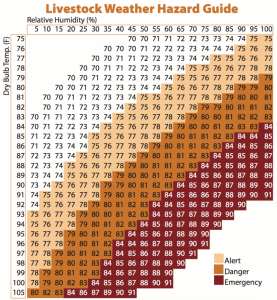NJ Governor Murphy signed Executive Order #243 rescinding EO#107 which requires employers to accommodate tele-work options for employees, and also lifts indoor mask mandates and 6ft social distancing requirements for vaccinated employees working indoors in businesses not open to public. Secretary of Agriculture Douglas Fisher has provided a summary of the changes that may impact agriculture operations. The full text of his letter is attached here.
 A Missouri woman named Jane Heisey died on her family farm recently. (Click for Info). She was ear tagging a calf when the mother cow knocked her to the ground and stepped on her head.
A Missouri woman named Jane Heisey died on her family farm recently. (Click for Info). She was ear tagging a calf when the mother cow knocked her to the ground and stepped on her head.
Most farmers take precautions when working with bulls. Interactions with aggressive bulls is a source of injuries and occasional fatalities on livestock farms.
It is important to remember that mother cows can also be a source of injuries. This usually happens when a protective mother views her calf to be threatened and becomes aggressive. This is usually precipitated by a regular management practice such as ear tagging or castration. These kinds of injuries can be avoided by taking precautions. 1. Do not get between the mother and her calf. 2. Bring another person along to stand guard if there is a concern. 3. Some animals are more aggressive than others. Identify these and separate for special work. 4. Cull problem animals. 5. Select cattle known to be less aggressive. Most bull studs have docility scores for the bull semen that they market. Select those known to produce less aggressive offspring.
For more information, please see the fact sheet link: North Dakota State Factsheet about Ornery Cows


